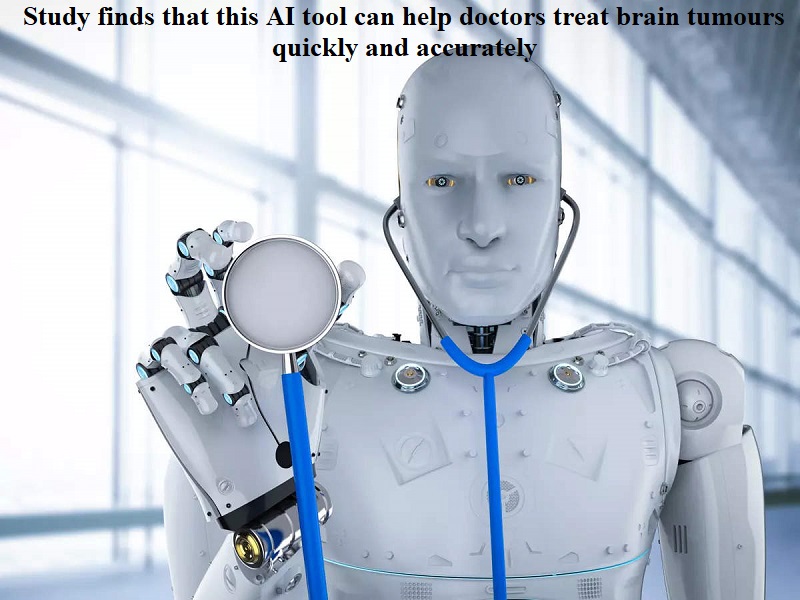
Artificial intelligence (AI) has gained significant attention worldwide in the past year and a half. The continuous progress of AI technology has now led to a groundbreaking development in the field of brain surgery, as highlighted by a recent study from Harvard Medical School.
Neurosurgeons have long faced challenges in understanding brain tumors, particularly gliomas, which are the most common type. When performing surgeries to remove these tumors, doctors require a wealth of information to avoid damaging surrounding brain tissue.
Typically, they take a tissue sample and send it to a pathology lab for immediate feedback. The pathologist conducts tests to determine whether the correct issue is being addressed and to identify the specific type of cancer the patient has. This entire process usually takes around 15 minutes in advanced medical facilities. However, the accuracy of the analysis is not always guaranteed, especially considering it occurs while the patient’s skull is open on the surgical table.
Dr. Kun-Hsing Yu, a professor at Harvard Medical School, explained that the process is not foolproof. Due to stress and potential issues with slide quality, misdiagnosis can occur due to the fast-paced nature of the process.
To address these challenges and minimize errors and time wastage, Dr. Yu and his team turned to machine learning and AI technology. They developed an AI tool called Cryosection Histopathology Assessment and Review Machine (CHARM). The tool was trained using over 2,300 brain tumor samples from 1,524 individuals with glioma, enabling it to learn patterns for analyzing tumor samples.
Once trained, CHARM was tested on a new set of brain samples. Remarkably, the tool demonstrated 93% accuracy in identifying tumors and classifying them into the three major types of gliomas. Each glioma type has distinct molecular characteristics, growth patterns, and treatment requirements.
One crucial advantage of CHARM is its speed, providing accurate analysis of some tumor cells in less than one second. However, it should be noted that the technology described in the study may not be ready for clinical use for several years, as it requires approvals from relevant authorities.
The study received funding from various sources, including the National Institute of General Medical Sciences, Google Research Scholar Award, the Blavatnik Center for Computational Biomedicine Award, the Partners’ Innovation Discovery Grant, and the Schlager Family Award for Early Stage Digital Health Innovations.
Dr. Yu emphasized that AI tools, like human clinicians, must continuously update their knowledge and training to maintain peak performance.

Post Your Comments